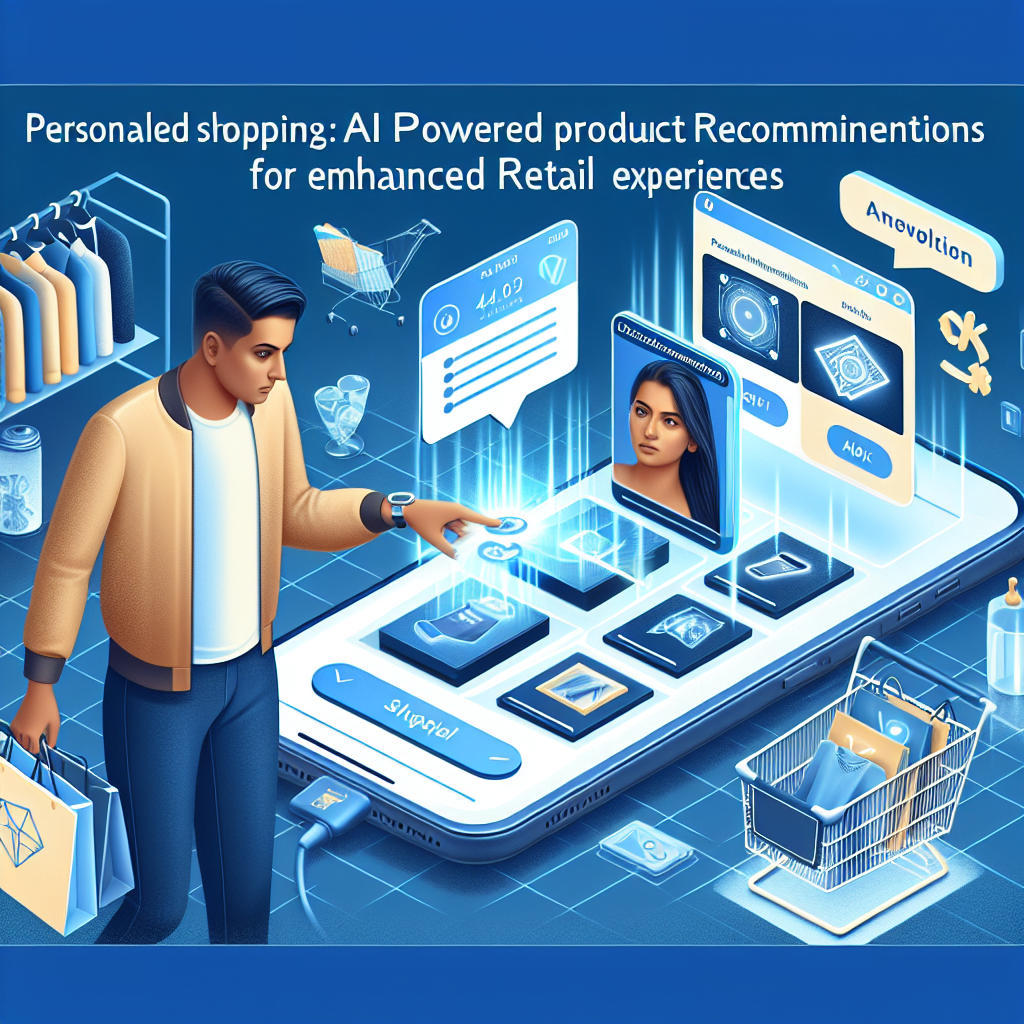Table of Contents
Understanding Customer Behavior with Machine Learning
At its core, AI-powered personalization relies on machine learning in customer preference analysis. This involves feeding algorithms with data points like past purchases, browsing history, and even social media activity. The AI then identifies patterns and correlations to create a unique profile for each customer.
Predictive Analytics: The Engine of Personalization
Predictive analytics for retail product suggestions takes this a step further. By analyzing real-time data like current trends and even weather patterns, AI can anticipate what a customer might need or want even before they realize it themselves.
AI-Driven Upselling and Cross-Selling Techniques
Imagine a customer adding a camera to their cart. AI algorithms can instantly suggest complementary products like lenses, bags, or even photography courses. This AI-driven upselling and cross-selling not only enhances the customer experience but also drives revenue for businesses.
Expert Insights
“We’ve seen incredible results with our clients who have implemented AI-powered recommendations,” says Filip Sazdanovic, CEO of Toronto Digital. “Not only have they seen a significant increase in sales conversions, but customer engagement and brand loyalty have also skyrocketed.”
Practical Application: Implementing AI Product Recommendations
- Data Collection: Gather comprehensive customer data from various touchpoints.
- Platform Selection: Choose an AI-powered recommendation engine that aligns with your business needs.
- Algorithm Training: Train the algorithms using your data to ensure accurate predictions.
- Integration: Seamlessly integrate the recommendation engine into your website or app.
- Testing and Optimization: Continuously monitor and refine the algorithms for optimal performance.
Case Study: Increased Sales with Personalized Recommendations
A Toronto-based fashion retailer partnered with us to implement AI-powered product recommendations. By analyzing customer data, the AI engine generated personalized suggestions that resulted in a 20% increase in sales conversions and a 15% boost in average order value.
Potential Real-Life Challenges and Solutions
Data Privacy Concerns: Transparency is key. Clearly communicate how customer data is collected and used. Implement robust security measures to protect sensitive information.
Cold Start Problem: For new customers with limited data, leverage demographic information and popular product suggestions until more data is available.
Conclusion
AI personalized product recommendations are no longer a futuristic concept but a present-day reality. By harnessing the power of AI, retailers can create hyper-personalized shopping experiences that drive customer satisfaction and business growth.
Ready to unlock the potential of AI for your retail business? Contact Toronto Digital today for a free consultation. Contact Us
FAQs
How accurate are AI product recommendations in retail?
The accuracy depends on the quality and quantity of data used to train the AI algorithms. With robust data and continuous optimization, AI recommendations can achieve impressive accuracy rates.
Can AI increase sales through personalized recommendations?
Absolutely! By showcasing relevant products, AI recommendations encourage customers to explore more and ultimately purchase more, leading to increased sales and revenue.
What data is needed for effective AI product recommendations?
Data points like past purchases, browsing history, demographics, and even social media activity can be used to train AI algorithms for accurate product recommendations.
